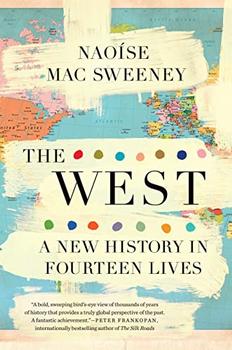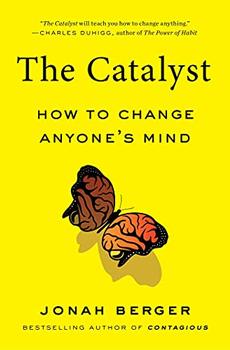Summary | Excerpt | Reviews | Beyond the book | Read-Alikes | Genres & Themes | Author Bio

What Ten Thinkers Can Teach Us About Science and Authority
by Robert P. CreaseA fascinating look at key thinkers throughout history who have shaped public perception of science and the role of authority.
When does a scientific discovery become accepted fact? Why have scientific facts become easy to deny? And what can we do about it? In The Workshop and the World, philosopher and science historian Robert P. Crease answers these questions by describing the origins of our scientific infrastructure―the "workshop"―and the role of ten of the world's greatest thinkers in shaping it. At a time when the Catholic Church assumed total authority, Francis Bacon, Galileo Galilei, and René Descartes were the first to articulate the worldly authority of science, while writers such as Mary Shelley and Auguste Comte told cautionary tales of divorcing science from the humanities. The provocative leaders and thinkers Kemal Atatürk and Hannah Arendt addressed the relationship between the scientific community and the public in in times of deep distrust.
As today's politicians and government officials increasingly accuse scientists of dishonesty, conspiracy, and even hoaxes, engaged citizens can't help but wonder how we got to this level of distrust and how we can emerge from it. This book tells dramatic stories of individuals who confronted fierce opposition―and sometimes risked their lives―in describing the proper authority of science, and it examines how ignorance and misuse of science constitute the preeminent threat to human life and culture. An essential, timely exploration of what it means to practice science for the common good as well as the danger of political action divorced from science, The Workshop and the World helps us understand both the origins of our current moment of great anti-science rhetoric and what we can do to help keep the modern world from falling apart.
The subject matter is philosophically complex, but Crease makes it accessible. He synthesizes each thinker's contribution to the broad philosophical sphere, demonstrating how their work built upon the thinking of their predecessors. He also includes examples of contemporary science denial that highlight the pernicious consequences of failing to listen to reason...continued
Full Review
 (891 words)
(891 words)
(Reviewed by Chris Fredrick).
According to Robert P. Crease, science denial is a personal rejection of only those specific scientific findings that conflict with an individual's political, economic or personal/religious beliefs. The Workshop and the World by Robert P. Crease looks at science denial throughout history and offers a synthesis that outlines: 1) the characteristics of scientific study that make it vulnerable to denial, and 2) better rhetorical tactics for countering this denial.
Science denial isn't simply about a few bad actors who are politically, financially or philosophically motivated. It has a deeper dynamic. The same characteristics that make coordinated scientific study an engine for innovation and progress also make it vulnerable to repudiation. ...

If you liked The Workshop and the World, try these:

by Naoíse Mac Sweeney
Published 2023
Prize-winning historian Naoíse Mac Sweeney delivers a captivating exploration of how "Western Civilization" - the concept of a single cultural inheritance extending from ancient Greece to modern times - is a powerful figment of our collective imagination. An urgently needed emergent voice in big history, she offers a bold new account of ...

by Jonah Berger
Published 2022
From the author of New York Times bestsellers Contagious and Invisible Influence comes a revolutionary approach to changing anyone's mind.